Composers
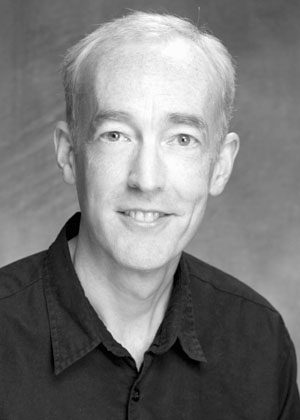
Greg Bartholomew
The music of award-winning American composer Greg Bartholomew is frequently performed across the United States and in Canada, Europe and Australia by such highly-regarded instrumental ensembles as the Langroise Trio, Alaska Brass, and the Mexico City Wind Quintet, and such acclaimed choral ensembles as the Cascadian Chorale, the Oratorio Society of Minnesota, Portland Vocal Consort, and the Pink Singers (London). NPR classical music reviewer Tom Manoff called Bartholomew "a fine composer not afraid of accessibility."
Winner of the 2013 Cheryl A. Spector Prize (for Summer Suite), the 2012 Spector Prize (for the First Suite from Razumov), the Silver Platter Repertoire Award (for The Tree), and First Place in the 2006 Orpheus Music Composition Competition (for Beneath the Apple Tree), Bartholomew was also awarded the Masterworks Prize from ERM Media in 2005 and 2006. A Finalist for the 2012 and 2013 American Prize in Choral Composition, Bartholomew was the 2012/2013 Composer in Residence for the Cascadian Chorale.
Born in 1957, Bartholomew studied piano at Cornish College of the Arts and trombone at John Muir Elementary School before earning degrees from the College of William & Mary in Virginia and the University of Washington. He sang with Seattle Pro Musica, an award-winning critically-acclaimed choral ensemble under the direction of Karen P. Thomas, for more than fifteen years, and studied violin with Teo Benson.
Greg Bartholomew's Rollick and Romp (composed to capture the spirit of the composer's cat at play) was written for
a Fifteen Minutes of Fame for clarinet, with the composer later adapting it for cello at my request.
David Wolfson's Time and Tide (Benediction) is a cello quartet which I premiered on an April, 2013 Composer's Voice
concert in NYC with 3 colleagues (on this recording, all 4 parts are performed by me, with the skilled assistance of engineer
Mark McCarron, of Spot-on Studios, in Great Neck, NY, who also created a remixed track with which I’ll be performing it
today.”
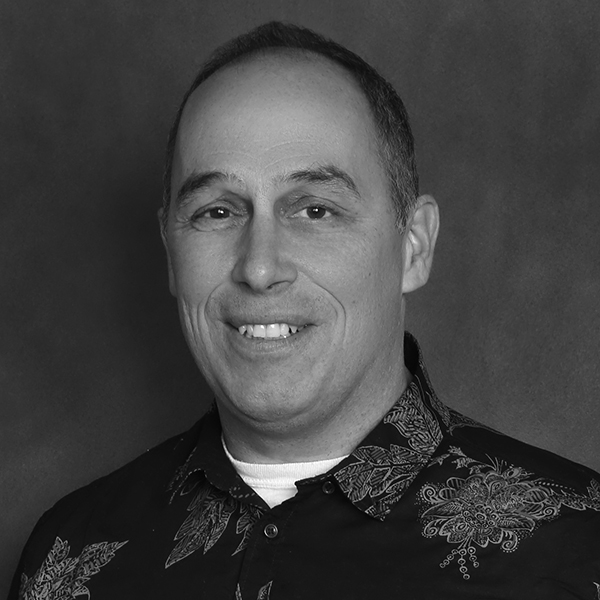
Douglas DaSilva
Douglas DaSilva is a composer, guitarist, educator and music curator in New York City. As Artistic Director of the Composer's Voice Concert Series and Premiere Salon Concerts he is dedicated to promoting new music and living composers. He has been curator for concerts in New York, Rio de Janeiro and Valencia. As a guitarist he has performed at places as diverse as Lincoln Center’s Rose Ballroom, the Jan Hus Church, The Bitter-End, and The Cutting Room. As a composer of chamber music with a background in jazz, rock and blues, Douglas composes in variety of styles from the hummable to highly experimental. Much of his music is influenced by Brazilian music and self-inflicted stress. His extensive and daily work with preschoolers (where he is known by his nom de guerre: Mr. Doug) manages to keep him sane while giving him the opportunity to share his love for music with future generations. His chamber music has been performed throughout the US, Europe and Brazil.
DaSilva piece Sarabande for flute & guitar was recorded with flautist Kathleen Nester, and was featured on the Vox Novus 60x60 New York Mix. His electronic pieces: How to Build a Totalitarian State; Contrails; camp des feuilles; and Did I Hear It on the Composer’s Voice have been included in 60x60 projects
Douglas DaSilva's Funeral for a Ball (musically depicting the demise of a ball belonging to the composer's son) was
not written for me, but I did perform its premiere. Douglas is the Artistic Director of Composer's Voice, whose tireless devotion
to bringing together living composers and performers interested in collaboration with them is inspirational and invaluable.
Works on Solitaire not related to Composer’s Voice:
Lawrence Kramer kindly approached me about performing his music in 2012, and embraced the slower tempo at
which I interpreted his Prelude.
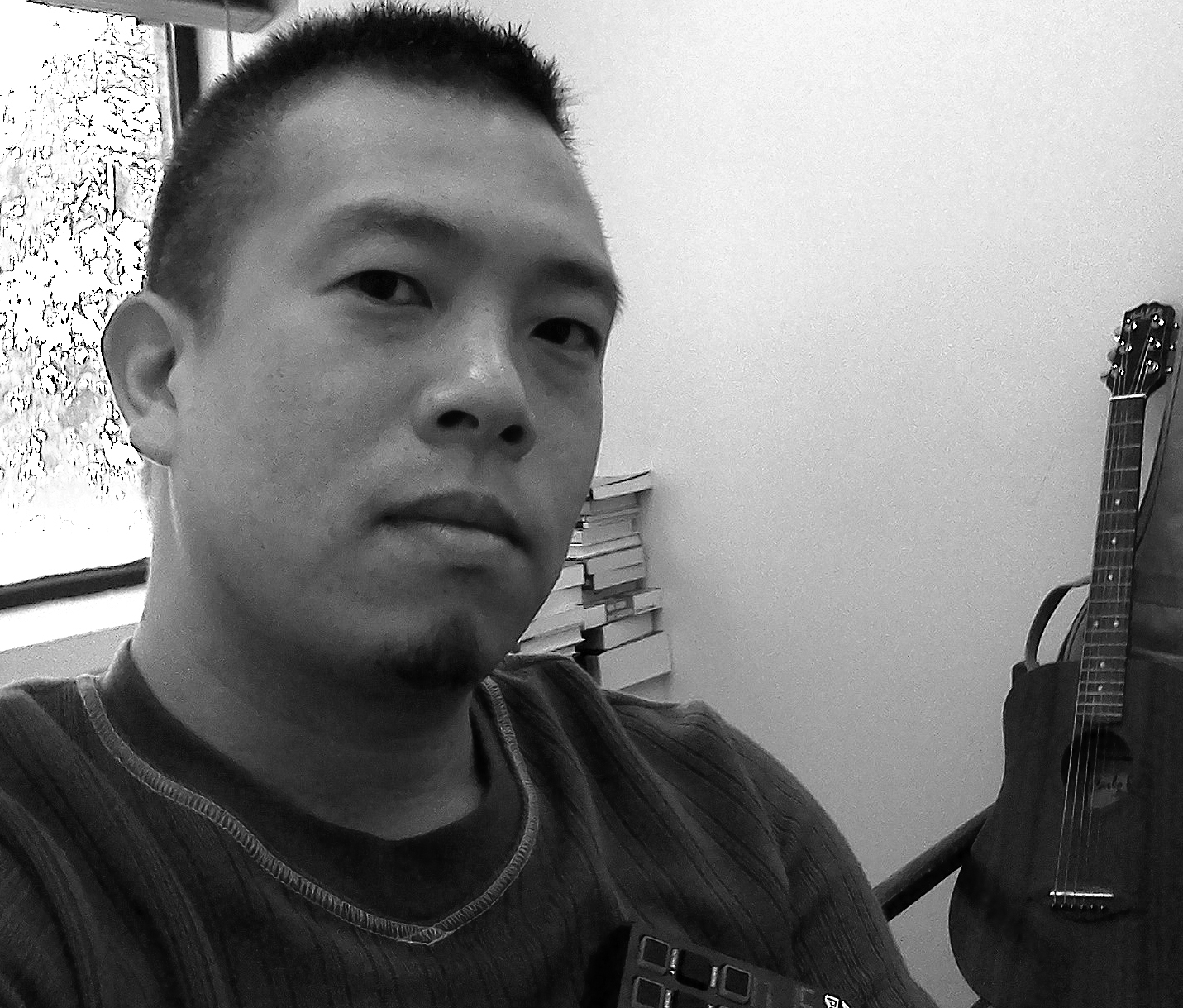
Masatora Goya
Masatora Goya is a composer writing extensively in the areas of chamber music and theater. Trained as a vocal performer first, he explores the musical landscape of drama, space and emotion. Masatora is a recipient of the 2012 Jerome Fund for New Music and currently working on a newly commissioned piece for flute, viola and guitar with the Alturas Duo and Melanie Chirignan.
When I heard the theme of “Decade” for this composition, I immediately thought of the photo of the sunset in Namibian dessert, taken by Hougaard Malan. It was a breathtaking imagery of the sun dying the sky, clouds and sands in the various shades of red. I certainly felt the presence of eternal time, thousands of decades that have passed by. The sound of cello was the perfect match to describe my emotional reaction to this wonder of nature.
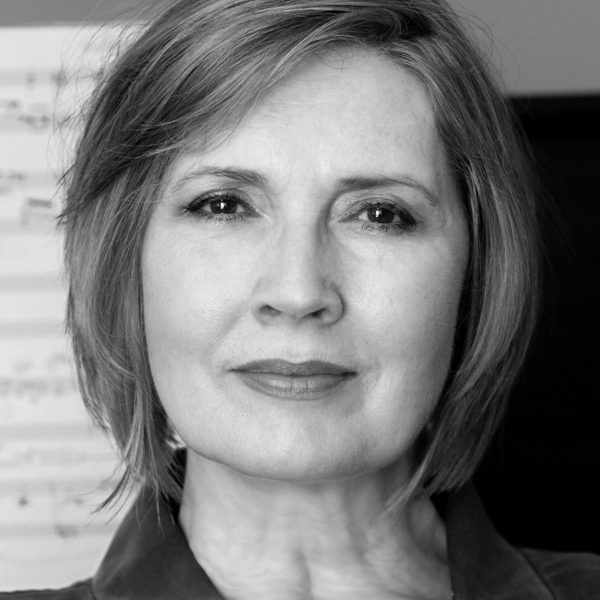
Bettie Ross
Bettie Ross is an award-winning composer and keyboardist from Los Angeles in the contemporary classical and new age genres. She has two Gold Records for pipe organ performances on albums by Meat Loaf and Faith Hill. Her piano CD, "A Magical Time of Year," won Best Solo Piano Album and Best Solo Piano Song at the 2009 Just Plain Folks Awards. In 2013, her electronic score for feature film "Hidden Affairs" will be released. Bettie’s works are part of the 60x60 Athena 2011 and 2012 mixes, and the 2010 Crimson Mix. Learn more about this versatile musician at www.bettieross.com.
“Milestone” by Bettie Ross: When I first read about the call for works for cellist Suzanne Mueller, I was immediately inspired to write this piece. For me, the piece shows that in a decade many things change and many things remain the same. Underlying the years are recurring themes. In an artist’s work, ten years is a milestone. A decade would be filled with struggles and accomplishments as the years march forward. Congratulations to Ms. Mueller for her 10 years as Summer Artist-In-Residence at the Old Westbury Gardens!
Bettie Ross's Milestone was written for a call for submissions by Composer's Voice for today’s concert. The call was
for cello solos up to 3 minutes in length with the theme of Decade.
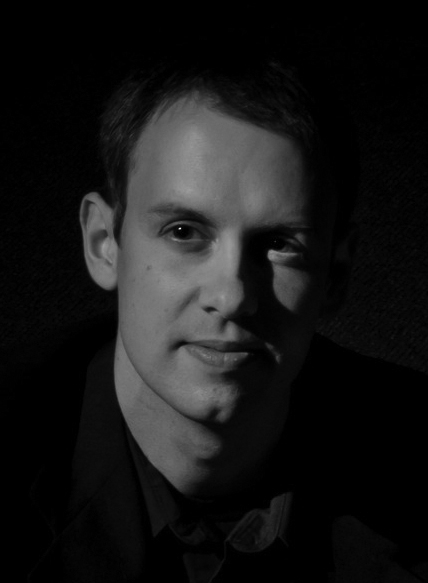
Kit Mills
Composer and Percussionist Kit Mills has written a wide variety of music reflecting his broad range of musical interests. From rock to jazz, from Baroque to blues to minimalism – even an ill-advised and rather embarrassing foray into rap during his formative years – Kit has sampled many styles of music while forging his identity as a compellingly melodic composer. Along the way, his music has been singled out for praise in many competitions and has been performed by chamber ensembles, orchestras, instrumental and vocal soloists, and church choirs throughout the United States. To learn more about Kit’s music, please visit www.kitmills.com.
Reflections
When you commemorate the passage of a decade, whatever the occasion, it’s natural to take stock of all the joys, disappointments, sights and sounds and people you’ve encountered, and marvel at the effects of time. Ten years used well can yield amazing dividends of creativity, productivity, and personal impact on the lives of others. I find this idea compelling, but also a cause for careful reflection. Will I be able to say, a decade from now, “I used these years fully and wisely, and I am content”? My piece grew out of these reflections—hence the title.
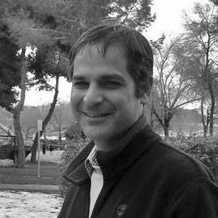
Guy Shaked
Guy Shaked has studied art and music at the Hebrew University in Jerusalem where he completed an M.A in the Humanities. He received an Italian government grant for his articles on various subjects such as Michelangelo's David, The Math of Traffic Congestion, Psychological Complexes, and Mozart's music. Shaked published three books, and his 60 online articles, which have been visited over 750,000 times, were cited by C. Wright of Yale and G. Abramson of Oxford as well as by other researchers.
Guy has composed his first opera: "Amnon" in the age of 16. Recently, Guy Shaked 's haiku poems have appeared in "Frogpond" (the most prominent haiku magazine outside of Japan), "Haiku News", "3LIGHTS", and "World Haiku Review". In addition, one of Shaked's haibuns was selected as the editor's choice of "Contemporary Haibun Online". His haiku in Hebrew has been published in the journals "Moznaim", "Hachotem" and "Maariv-NRG".
www.guyshaked.com
The Sparrow
The sparrows invade the outdoor café. They boldly jump on the tables, eating out of the clienteles’ plates. Then they jump to the floor, picking at the fallen bread crumbs with their beaks.
They are cheerful.
They are useful, as they keep the café's floors squeaky clean.
Then
A hawk casts its shadow from high above.
"Danger, danger" the sparrows chirp.
But the shadow quickly disappears.
The cheerful sparrows return to what they do best:
Boldly jumping on the tables, eating out of the clienteles’ plates. Then they jump to the floor, picking at the fallen bread crumbs with their beaks.
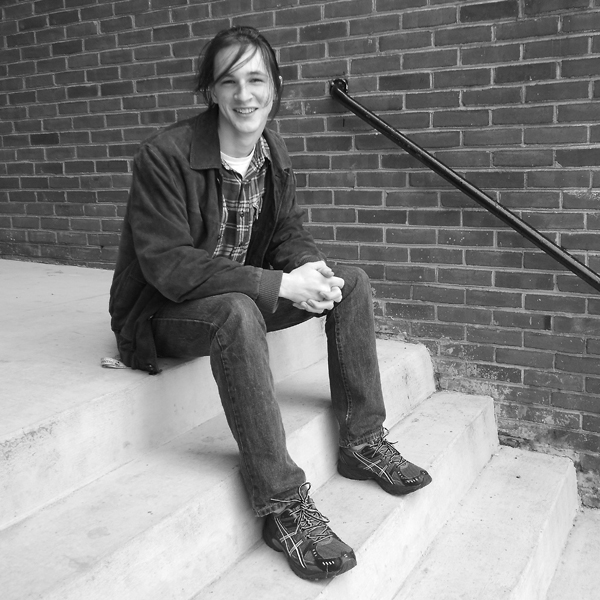
Alexander Scheetz
Alexander Scheetz is a first-year Music Education major at Shenandoah University. A cellist himself, Mr. Scheetz has only recently begun to explore his compositional side, and this marks his first completed work for solo cello. He has played in Suzuki Institutes at Shenandoah University and elsewhere since he was a young musician, and has played in string chamber ensembles for weddings, receptions and other social events. He has also participated in many workshops in the Washington D.C. area, notably playing in a masterclass with the famous violinist Midori.
Decayed is a derivative of John F. Kennedy’s pronunciation of the theme - “decade” – in his 1962 speech at Rice University. The interval of a tenth is featured prominently several times, for example, between the opening chord and the second note. This body of the piece explores several short moods, which reflect the undulating and multipolar emotions a period of time, either a day or a decade, can exhibit. Bookended by heroic phrases, there is playfulness, fierceness, and mourning.
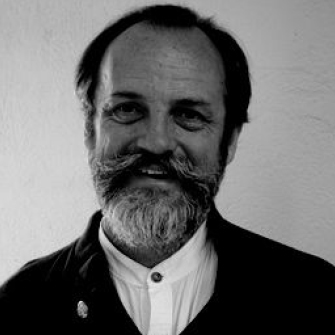
Rick Sowash
"... the music of Rick Sowash ... is cheerful, unpretentious, exuberant, and heartfelt, with a disarming freshness and innocence ... what really holds one's attention is the soaring, folk like lyricism that ... pervades Sowash's compositions."
-- Walter Simmons, Fanfare magazine
My name is Rick Sowash. I'm 52 years old, and have been composing what most people would call "classical" music since my early teens.
I'm completely freelance, associated with no institution of higher learning nor with any corporation. I do not depend upon composing to support myself and my family (good thing!) Rather, most of my earnings arise from my work as a humorist (author, performer, storyteller, banquet speaker, with a line of books, audio tapes of me telling funny stories, etc.).
Though I am a successful humorist, and although there is humor in much of my music, nonetheless I am a serious composer, a member of ASCAP and the American Music Center. A dozen of my chamber works have been commercially recorded and twenty-five of my scores have been published. All together I've written about 160 compositions, mostly for chamber ensembles, choral ensembles, also a great many art songs and a handful of orchestral works.
I encountered Rick Sowash through his music several years ago, and we've become good friends, despite never
having met in person. His Lullabye for Kara appears on CROS ISLAND’s 202 CD, Quiet Strength. He sent me Sunday
Morning Variations right after writing it in 2012, and I immediately programmed its premiere performance on a concert the
same month. It is lovely and fun and endearing, and I knew it had to be included in this album.
Barbara Bach Sternberg likewise brought her music to me. Bitter Tears holds a special place in my heart. I first
performed it in April, 2012, while dealing with the early stage of the illness that took my Dad's life this February. I played it for
him in his final days in hospice, and again as the perfect expression of my sorrow at his funeral. I am deeply grateful to her for
sharing this deeply personal work with me.
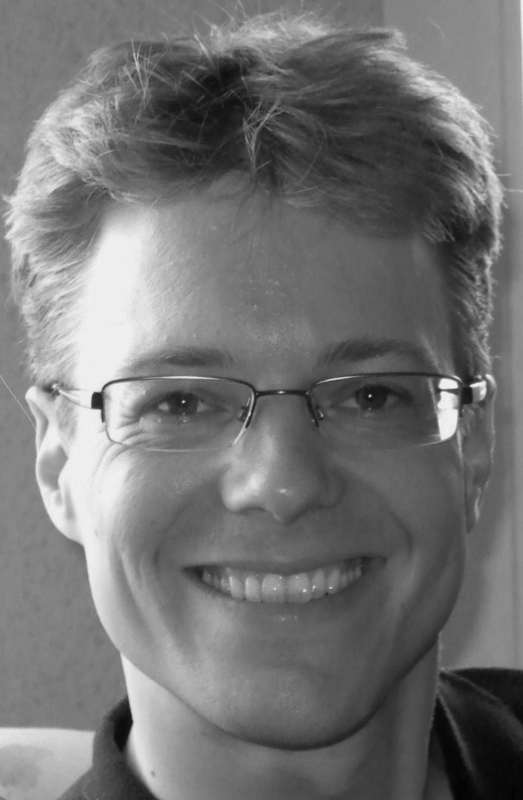
Michael Wiener
Michael Wiener was a member of the composition class of Alexander Müllenbach at the Conservatory of Luxembourg from 2002 until 2006, where he received a composition certificate “supérieur avec la qualification très bien”. He was also awarded prizes at the composition competitions “Carl von Ossietzky” and “Engelbert Humperdinck” in Germany and “Artistes en herbe” in Luxembourg. His choir piece “Maior autem ex his est caritas” has been chosen as a winner in the composition contest for the Fourth Festival of Universal Sacred Music in 2010 (recorded by the New York Virtuoso Singers and published on CD by Soundbrush Records).
The title of the piece “De-cadenced” for violoncello solo alludes both to the theme of Suzanne Mueller’s call for scores “Decade” and to the cadenced rhythm of the opening and closing parts. The beginning is characterized by chords played marcato and with changing accents. In a second part, the melody becomes tranquillo and cantabile, however, this is again interrupted by rhythmic pizzicato notes. After a spiccato part, the opening cadenced rhythm is repeated and leads to a brief coda of this cadence for violoncello solo. The duration of the whole piece “De-cadenced” is about 2:30 minutes.
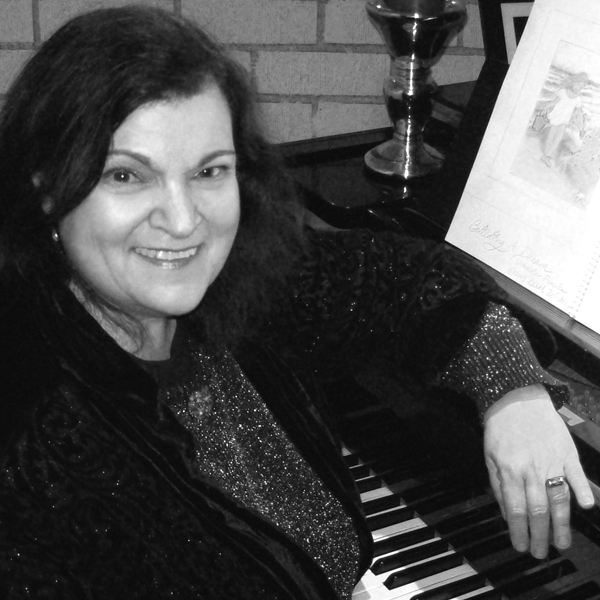
Carol Worthey
Internationally recognized Composer Carol Worthey began her music career on the first day of life: Family friend Leonard Bernstein was in her house, made hamburgers in the shape of stars and declared, "This little girl's gonna be a star!"
Not to make Lenny wrong, Carol began composing at age three and a half. When Carol was ten she wrote an Etude that was premiered in Carnegie Hall by pianist Vivian Rivkin . At thirteen Carol began her first composition lessons with Grant Beglarian (himself a student of Aaron Copland at Tanglewood) at Merrywood School of Music where John Harbison was Music Director. She studied with Darius Milhaud at Aspen Music Festival , and with Vincent Persichetti (of Juilliard) at the Hopkins Center for the Performing Arts (Dartmouth) where she was also mentored by Walter Piston and Elliott Carter . (At the time she was known as Carol Lee Symonds.)
Carol Worthey won First Prize in Composition while at Columbia University (studying under Otto Luening , Vladimir Ussachevsky and Henry Cowell ) and was the winner in 1990 of the Inner City Cultural Center's Composer Competition for Fanfare for Joy & Wedding March . Carol studied with Dick Grove and was the second woman graduate of the extremely demanding Contemporary Composing and Arranging Program at the Grove School of Music where she honed her skills in orchestration. After Grove School, she also studied under Academy Award winner Eddy Lawrence Manson .
And, of course, there is the album's title track: Solitaire: Theme and Variations. I commissioned it from Carol Worthey
as a 50th birthday present to myself, and she delivered a work that is microcosm of the emotions spanned by a life, as well as
a tour of musical styles, including a waltz, a tango, a Gregorian Chant, a Hebraic melody, a Romantic Lullabye, and a jaunty
jazz tune, all derived from the poignant opening theme.


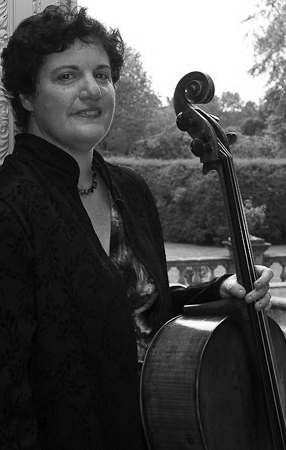











![[ Vox Novus - the new voice for contemporary music ]](http://www.voxnovus.com/img/Vox_Novus_Logo_black.png)
![[ Vox Novus - the new voice for contemporary music ]](http://www.voxnovus.com/img/Vox_Novus_black.png)